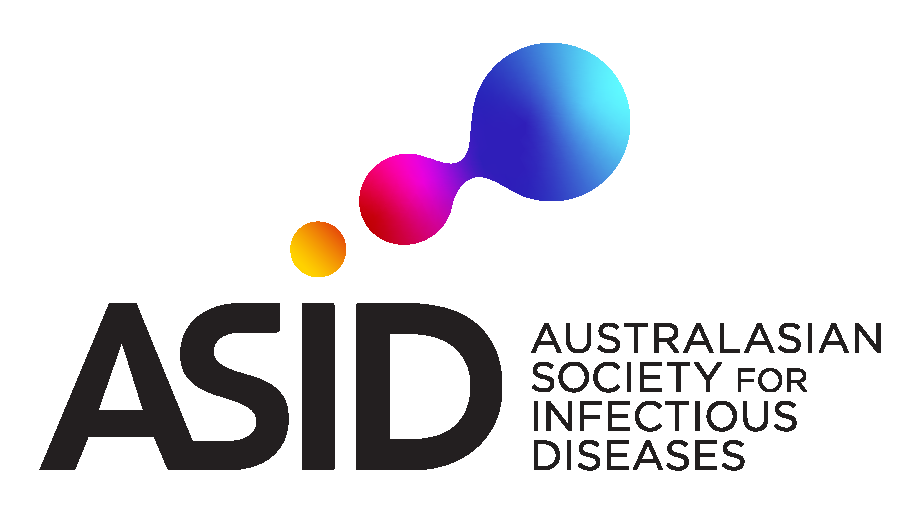Australasian achievements in Infectious Diseases
When ASID was founded in 1976, some incredible milestones had already been reached in the field of infectious diseases and microbiology. More were to come; and the future looks bright.
Here we pay tribute to some of the trailblazers (in alphabetical order):
Name: Joseph Bancroft
Lived: 21 February 1836 – 16 June 1894
Achievement: A surgeon, pharmacologist and parasitologist born in England, who emigrated to Queensland, he discovered the parasite, Wuchereria bancrofti that causes elephantiasis.
Name: Ruth Frances Bishop
Lived: 12 May 1933 – 12 May 2022
Achievement: An Australian virologist, who was a leading member of the team that discovered the human rotavirus. She was awarded the Companion of the Order of Australia in 2019 for "eminent service to global child health through the development of improved vaccines for paediatric gastroenteritis, and to medical research".
Name: Frank Macfarlane Burnet
Lived: 3 September 1899 – 31 August 1985
Achievement: A virologist who is best known for the discovery of acquired immune tolerance and his clonal selection theory. His work in the field of immunology earned him the Nobel Prize in Physiology or Medicine in 1960. He was also the first Australian to win the Australian of the Year award, which he won in 1960.
Name: Edward Holbrook Derrick
Lived: 18 September 1898 –15 June 1976
Achievement: An Australian pathologist, best known for his role in identifying Q fever. He was appointed a Commander of the Order of the British Empire in 1961.
Name: Frank Fenner
Lived: 21 December 1914 – 22 November 2010
Achievement: An Australian scientist with a distinguished career in the field of virology, his two greatest achievements are cited as overseeing the eradication of smallpox, and the attempted control of Australia's rabbit plague through the introduction of Myxoma virus. He received a Member of the Order of the British Empire for work in malaria control in 1945, and Companion of the Order of Australia for service to medical science, to public health and to the environment in 1989.
Name: Howard Walter Florey
Lived: 24 September 1898 – 21 February 1968
Achievement: Played a very significant role in the discovery of penicillin along with Alexander Fleming and Ernst Chain, for which he won the Nobel Prize in Physiology or Medicine in 1945, that was shared by all of them. His other notable achievement was the study of the properties of naturally-occurring antibacterial properties with Ernst Chain. This investigation eventually led to their interest in life-saving drugs, which further led to the discovery of penicillin.
Name: Ian Frazer
Born: 6 January 1953
Achievement: Ian Frazer, along with his colleagues, is widely accredited with the development of a vaccine that is designed to prevent HPV infections (Human Papilloma Virus) and cervical cancer. He was Australian of the Year in 2006 appointed a Companion of the Order of Australia in the Queen’s Birthday Honours in 2012.
Name: Robin Warren and Barry Marshall
Born: 11 June 1937 and 30 September 1951, respectively
Achievement: They discovered the Helicobacter pylori bacteria that causes stomach ulcers and gastritis. Further research revealed that ulcers and similar stomach problems could be treated using antibiotics, which Marshall proved by testing the theory on himself. The duo was awarded the Nobel Prize in Physiology or Medicine in 2005, for their work.
Top row, left to right: Joseph Bancroft, Ruth Frances Bishop, Frank Macfarlane Burnet, Edward Holbrook Derrick, Frank Fenner.
Bottom row, left to right: Howard Walter Florey, Ian Frazer, Robin Warren and Barry Marshall.
Images from Wikipedia.

